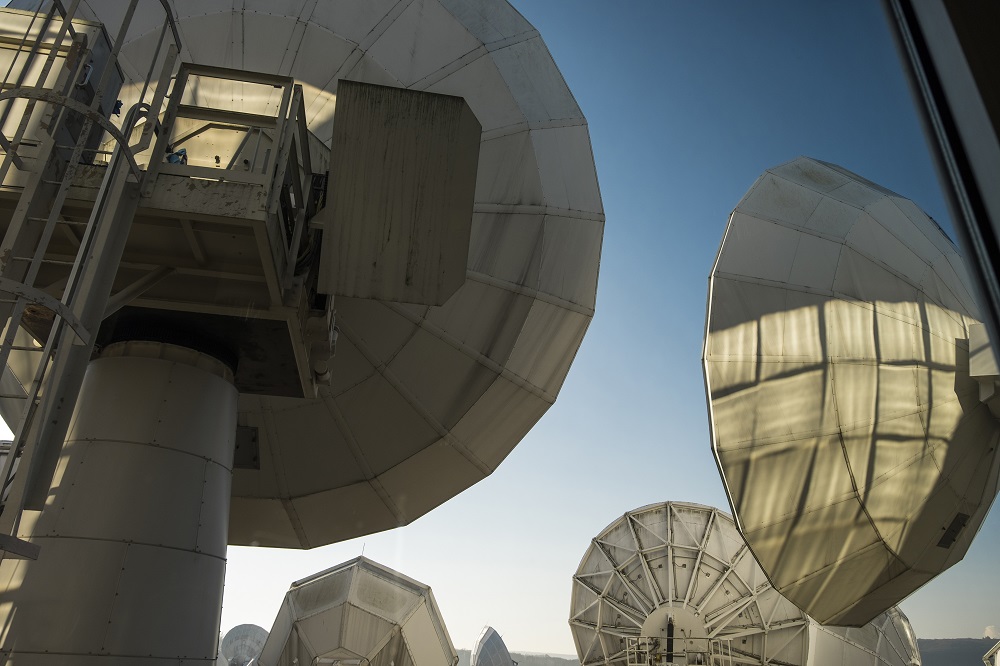TAMPA, Fla. — Satellite operators have cleared a portion of C-band in a key step toward giving the spectrum to U.S. wireless companies in December.
Work has now started on installing filters on ground antennas across the United States, so wireless operators can use the lower 120 MHz of C-band for 5G without interfering with satellite broadcast customers.
Intelsat and SES, the satellite operators with the largest share of the 500 MHz C-band in the U.S., will get more than $2 billion from the Federal Communications Commission (FCC) if they can hand over the 120 MHz swath of frequencies by Dec. 5.
The companies will get billions more if they can fully vacate the lower 300 MHz slice of C-band that the FCC auctioned off by Dec. 5, 2023, by moving customers to the upper 200 MHz of the band.
Intelsat confirmed it met its June 1 internal goal to move customers from the lower 120 MHz of C-band — the most complex obstacle in the way of meeting the FCC’s deadline this year — when contacted by SpaceNews.
More than 80 broadcast, cable, radio, religious and government customers were consolidated into a higher portion of the band.
Those moves also required technical changes at cable head-ends and Earth stations on the ground, sometimes in coordination at shared sites with SES, which also met its self-imposed June 1 deadline.
Intelsat plans to install around 3,000 filters across the country on antennas pointed to its satellites by early fall.
The company also needs to complete telemetry, tracking, and control (TT&C) work at its Brewster, Washington, teleport before the FCC’s Dec. 5 Phase 1 deadline.
